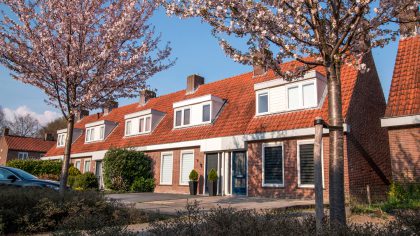There are several types of industrial electric boiler systems commercially available. The most common systems are:
-
Resistance heating element boiler;
-
Electric current passing directly through water (electrode boiler, uses the conductive and resistive properties of the water itself).
There are also infrared- and induction boilers available, but these are small-scale systems and less commonly used.
Because of the working principle, electric boilers generally have lower thermal capacities than electrode boilers. Typical capacities of electric boilers range up to 5 MWe, whereas electrode boilers have capacities ranging from 3 MWe up to 70 MWe. Superheated steam with temperatures of up to 350°C and >70 bar can be produced with commercially available electric/electrode boilers.
Electric/electrode boilers have a high efficiency (95-99.9%) (Berenschot 2017; Berenschot 2015). When used together with gas or oil-fired boilers, electric boilers can be used as flexible capacity to profit from low electricity prices, e.g. where there is a high production of electricity from wind turbines and solar PV during off-peak hours (Berenschot 2017). Lower running hours, however, also result in higher fixed grid tariffs per kWh which may negate the advantages of the lower electricity price (Berenschot 2016; CE Delft 2016).
Examples of electric element boiler manufacturers and suppliers are PARAT, Vapor Power, AB&Co, Danstoker (Thermax) ATTSU, Lattner.
Examples of electrode boiler manufacturers and suppliers are PARAT, Vapor Power, Vapec, Allmech, Zander & Ingestrom, BVA Electrokessel.
All information in the datasheets is also available in ESDL (Energy System Description Language). You can find them in the Energy Data Repository (EDR).


